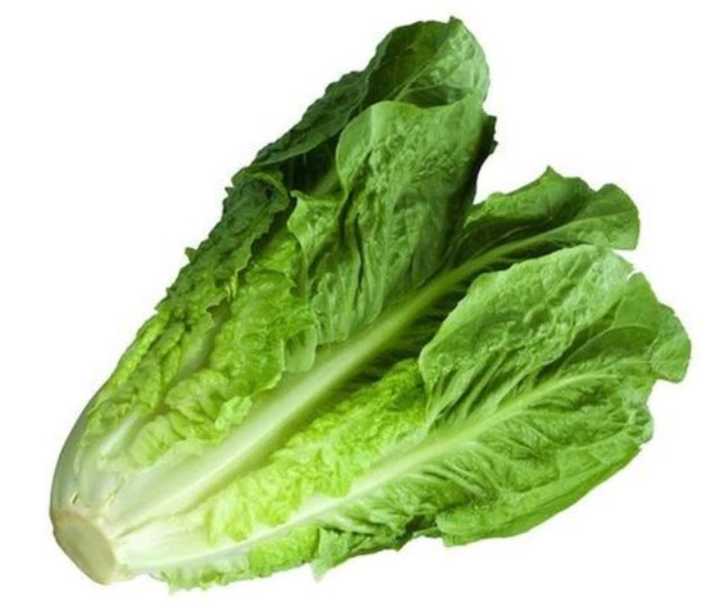For weeks, consumers have been warned by the Centers for Disease Control and Prevention have advised residents to avoid romaine lettuce when shopping, as 98 people fell ill following an E. coli outbreak that was first reported in March.
The FDA announced that Harrison Farms in Yuma has been identified as the potential source of the outbreak.
“The CDC and FDA are continuing to advise consumers to avoid all romaine grown in Yuma, Arizona,” officials said in a statement. “The FDA is waiting on more testing that could potentially link Harrison Farms or additional growers in Yuma, Arizona. An original cluster in New Jersey linked to Panera Bread Restaurants alerted health officials to the outbreak.”
“This is a shockingly large percentage of hospitalized and HUS cases,” Bill Marler, a managing partner at the Food Safety Law Firm Marler Clark said in a statement. “It underscores the need for the produce industry to do a better job of traceability so these outbreaks are identified and stopped as soon as possible.”
The CDC has suggested that consumers should not sell any romaine lettuce that was grown in that area, including whole heads and hearts of romaine, chopped romaine and salad or salad mixes that contain romaine lettuce. Restauranteurs have been advised to contact their suppliers to determine where their lettuce is sourced.
Symptoms of E. coli include stomach cramps, diarrhea and vomiting. Others may endure a minor fever. As of Friday morning, the Food and Drug Administration has yet to issue a recall of romaine lettuce in the United States.
In response to the outbreak, the CDC has offered tips to consumers:
- Do not eat or buy romaine lettuce unless you can confirm it is not from the Yuma, Arizona, growing region.
- Product labels often do not identify growing regions; so, do not eat or buy it if you are uncertain about where it was grown.
- This advice includes whole heads and hearts of romaine, chopped romaine, and salads and salad mixes containing romaine lettuce. If you do not know if the lettuce in a salad mix is romaine, do not eat it.
- Wash your hands. Wash hands after using the restroom or changing diapers, before and after preparing or eating food, and after contact with animals.
- Don’t prepare food or drink for others when you are sick.
- Cook meats thoroughly to kill harmful germs. Cook steaks and roasts to at least 145˚F and let rest for 3 minutes after you remove meat from the grill or stove. Cook ground beef and pork to at least 160˚F. Use a food thermometer to check the temperature of the meat.
- Don’t cross-contaminate food preparation areas. Thoroughly wash hands, counters, cutting boards, and utensils after they touch raw meat.
- Wash fruits and vegetables before eating, unless the package says the contents have been washed.
- Avoid raw milk, other unpasteurized dairy products, and unpasteurized juices.
“Even though we can’t say with 100 percent certainty that romaine lettuce is the cause of the E. coli outbreak in the US, a greater degree of caution is appropriate given that lettuce is almost always consumed raw,” Consumer Reports food safety director James Rogers said in a statement.
Click here to follow Daily Voice Fairfield and receive free news updates.
